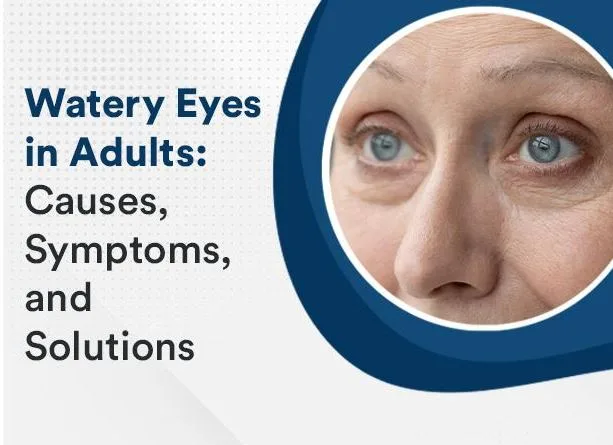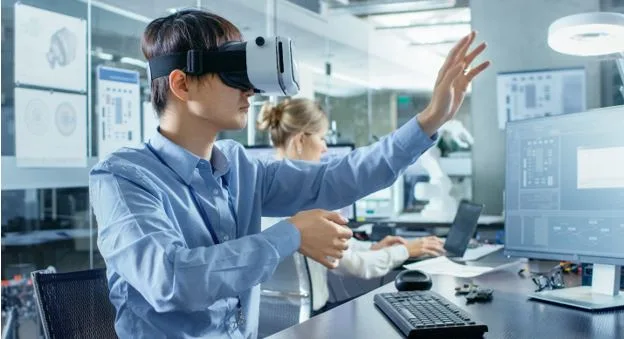Understanding Your Civil Rights: A Guide For Every Citizen
Civil rights are fundamental freedoms that protect individuals from unfair treatment and ensure equal opportunities in society. They are designed to guarantee that everyone, regardless of race, gender, religion, age, disability, or other protected characteristics, can participate fully in civic and public life. While these rights are often discussed in the context of historic movements or high-profile cases, they apply to everyday situations and affect nearly all aspects of our lives. Understanding civil rights is essential for every citizen—not only to safeguard personal freedoms but also to recognize and defend the rights of others. For individuals seeking experienced guidance on protecting their workplace and personal freedoms, the Dhillon Law Group has a strong reputation in civil rights advocacy.
What Civil Rights Mean?
Civil rights are different from civil liberties, though the two are often confused. The freedom of speech and the right to privacy are two civil rights that protect people against governmental interference. Civil rights, on the other hand, ensure equal treatment under the law. They focus on fairness in areas such as employment, education, housing, voting, and public accommodations.
Everyday Examples Of Civil Rights
Civil rights extend into many areas of daily life. Some common examples include:
- Employment: Workers are protected from discrimination in hiring, promotion, and pay based on protected categories such as race, gender, religion, or disability.
- Housing: A person’s ethnicity, religion, or family status cannot be grounds for a landlord to deny them a rental or sales agreement.
- Education: Students are entitled to equal access to quality education without facing discrimination due to their background.
- Public Services: Government programs and facilities must be accessible to all individuals, including those with disabilities.
- Voting: Citizens have the right to vote without facing unfair barriers such as discriminatory identification requirements or voter intimidation.
These examples demonstrate that civil rights are not abstract concepts—they shape the fairness of opportunities people encounter every day.
Why Civil Rights Matter?
Civil rights serve as the backbone of equality and democracy. Without them, marginalized groups could face unchecked discrimination, leaving entire communities excluded from social and economic participation. Protecting these rights ensures that everyone has a voice, equal opportunity, and access to resources.
Civil rights also play a role in strengthening society as a whole. When all individuals can contribute without fear of discrimination, communities thrive with greater diversity, creativity, and collaboration.
Recognizing Civil Rights Violations
It’s important to know what constitutes a violation of civil rights. Some red flags include being denied a job despite being qualified, being excluded from a public place because of a disability, or experiencing intimidation when attempting to vote. Civil rights abuses can include even minor instances of bias, like routinely being passed over for promotions because of one’s gender.
Recognizing these issues early is the first step toward addressing them. Many citizens may not realize that what they experience is illegal, which is why education about civil rights is so important.
Seeking Legal Protection
When civil rights are violated, individuals have legal options. In some cases, civil rights attorneys can assist in pursuing claims through the courts, seeking remedies such as compensation, policy changes, or reinstatement in employment.
Knowing how to access these protections empowers citizens to take action and demand fairness.
How Citizens Can Protect Their Rights?
Protecting civil rights is not just about reacting to violations—it also involves proactive awareness. Citizens can protect their rights by:
- Staying informed about local, state, and federal laws.
- Documenting incidents of unfair treatment.
- Speaking up when discrimination occurs.
- Supporting organizations that promote equality and justice.
By being proactive, individuals contribute to a culture where civil rights are respected and defended.
Conclusion
Civil rights are essential for creating a society where fairness, opportunity, and dignity are available to all. They affect daily life in employment, housing, education, voting, and beyond. By understanding these rights, recognizing when they are violated, and knowing how to seek protection, citizens gain the tools to defend themselves and others. Awareness and action not only uphold justice on an individual level but also strengthen the foundation of democracy itself.





